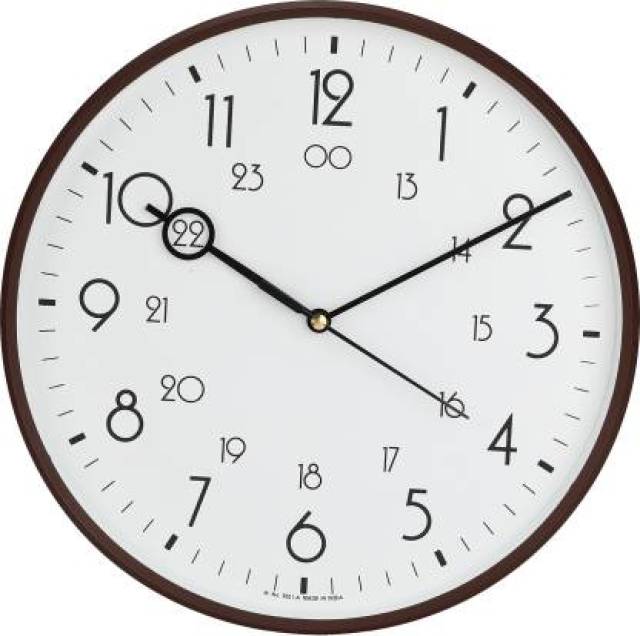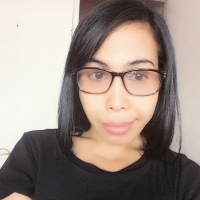A clock is a device used to measure, verify, keep, and indicate time. The clock is one of the oldest human inventions, meeting the need to measure intervals of time shorter than the natural units which are the day, the lunar month, and the year. Devices operating on several physical processes have been used over the millennia.
Some predecessors to the modern clock may be considered as "clocks" that are based on movement in nature. A sundial shows the time by displaying the position of a shadow on a flat surface. There is a range of duration timers, a well-known example being the hourglass. Water clocks, along with the sundials, are possibly the oldest time-measuring instruments. A major advance occurred with the invention of the verge escapement, which made possible the first mechanical clocks around 1300 in Europe, which kept time with oscillating timekeepers like balance wheels.
Traditionally, in horology, the term clock was used for a striking clock, while a clock that did not strike the hours audibly was called a timepiece but this distinction is no longer made. Watches and other timepieces that can be carried on one's person are usually not referred to as clocks. Spring-driven clocks appeared during the 15th century. During the 15th and 16th centuries, clockmaking flourished. The next development in accuracy occurred after 1656 with the invention of the pendulum clock by Christiaan Huygens. A major stimulus to improving the accuracy and reliability of clocks was the importance of precise time-keeping for navigation. The mechanism of a timepiece with a series of gears driven by a spring or weights is referred to as clockwork.



 Download Google Chrome
Download Google Chrome Download Mozilla Firefox
Download Mozilla Firefox Download Opera
Download Opera